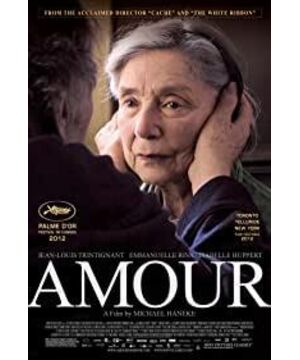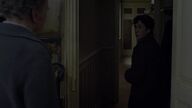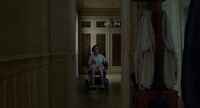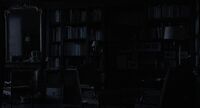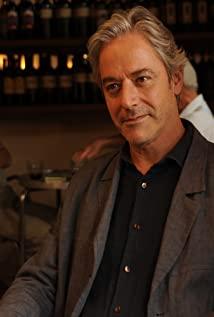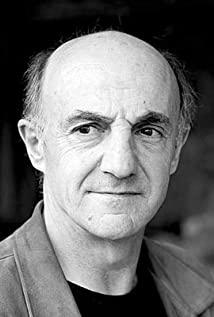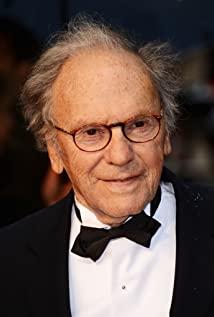The first thing I looked forward to was Niu Chengze's "Love", and everyone said that he was making "love". Since I dare to name it with love, and it is an opinion of many years, it must be a masterpiece, but the result is really disappointing. I watched Haneke's "Love Amour" with a little precaution with the "lessons" from the last time, and this time I wasn't disappointed. When I lost confidence in love movies, the director gave me a boost and made me believe in true love again. Haneke, who left his father at the age of three, studied philosophy and psychology at the University of Vienna. From the early Humanity trilogy to The Piano Teacher and The White Ribbon, he has been using his films to question morality and humanity in an offbeat way, which inevitably makes one wonder if he is a normal person. This time, he pointed the finger at love again, and used his life to question how to love. His purpose is not just to earn a few tears from you, but to put a knife in your heart, leaving you in pain and thinking about how to pull it out. The director's shooting style has always been very cold, and the actor's acting skills are very demanding. The two veteran actors invited this time are the 83-year-old Cannes-Berlin double-star Jean-Louis Trintignant and the 86-year-old actor. Venetian actress Emmanuelle Emmanuelle Riva and they made the film not look so cold through their superb acting skills. The film revolves around a house where two elderly Georges take care of his wife Anne, who has suffered a sudden stroke, depicting the future I want. Some people say that after marriage, love disappears, and it may be transformed into family affection. The two lovers in the film still maintain a fiery love for each other in their later years, go to a concert together, and flirt with Anne when they come back: "Did I say you are so beautiful tonight?" There are always topics to talk about together. The accumulation of happiness over the years reminds people that they must have been very happy when they were young. When they reach their age, the children have their own lives and have no time to take care of them, so they have to support each other. Georges' meticulous care for Anne is a model that every man should learn from. For the final ending, the audience was hotly debated. I admire Haneke's ingenious and thoughtful design. I think this is the best way to express love. Georges expresses his love for Anne with behaviors that ordinary people can't understand. Admire his courage, he suffered more than others. In order to free Anne, she will spend the rest of her life with her painful heart. At the end of the film, he became like a different person, and lost his original spiritual support in a trance. He went out with Anne, who appeared in the hallucination, maybe soon they would meet in another world. The pigeon that appears twice in the film, when it is caught, its fate is firmly in the hands of Georges. He chose to give it freedom, and freedom for himself and Anne. In the face of real natural aging, disease and death, we all seem as helpless as when we were born. In a short life, love has become a need and a lack, so love songs, movies and novels about love will endure for a long time, and will continue to inspire generations of young people to love boldly and bravely. Regardless of whether we love or be loved, we should cherish the lover around us and strive to maintain this relationship, using it to fight all the hardships in life. When parting, say to each other "Thank you, it's great to have you!" To love and be loved We should all cherish the loved ones around us and strive to maintain this relationship, using it to fight all the hardships in life. When parting, say to each other "Thank you, it's great to have you!" To love and be loved We should all cherish the loved ones around us and strive to maintain this relationship, using it to fight all the hardships in life. When parting, say to each other "Thank you, it's great to have you!"
After a lapse of "White Ribbon", the director won the Palme d'Or again with this film, and Hollywood, which has always been inconsistent with European films, also paid attention and affirmed it. As a child, five-year-old Haneke was sent to Denmark by his mother and stepfather as a post-war child exchange. Haneke said: "Those three months away were just so painful. It was the hardest experience of my childhood, and when I came back, I didn't speak to my parents for two weeks" but the best part of that trip was Part of it was going to the cinema in Copenhagen, "We saw some camels and palm trees shot in Africa and when the movie was over I was hooked. When the lights came on and the doors opened we walked outside in the cold Copenhagen. I couldn't let it go that night. I don't understand how we got back to Copenhagen from Africa so quickly."
View more about Amour reviews


